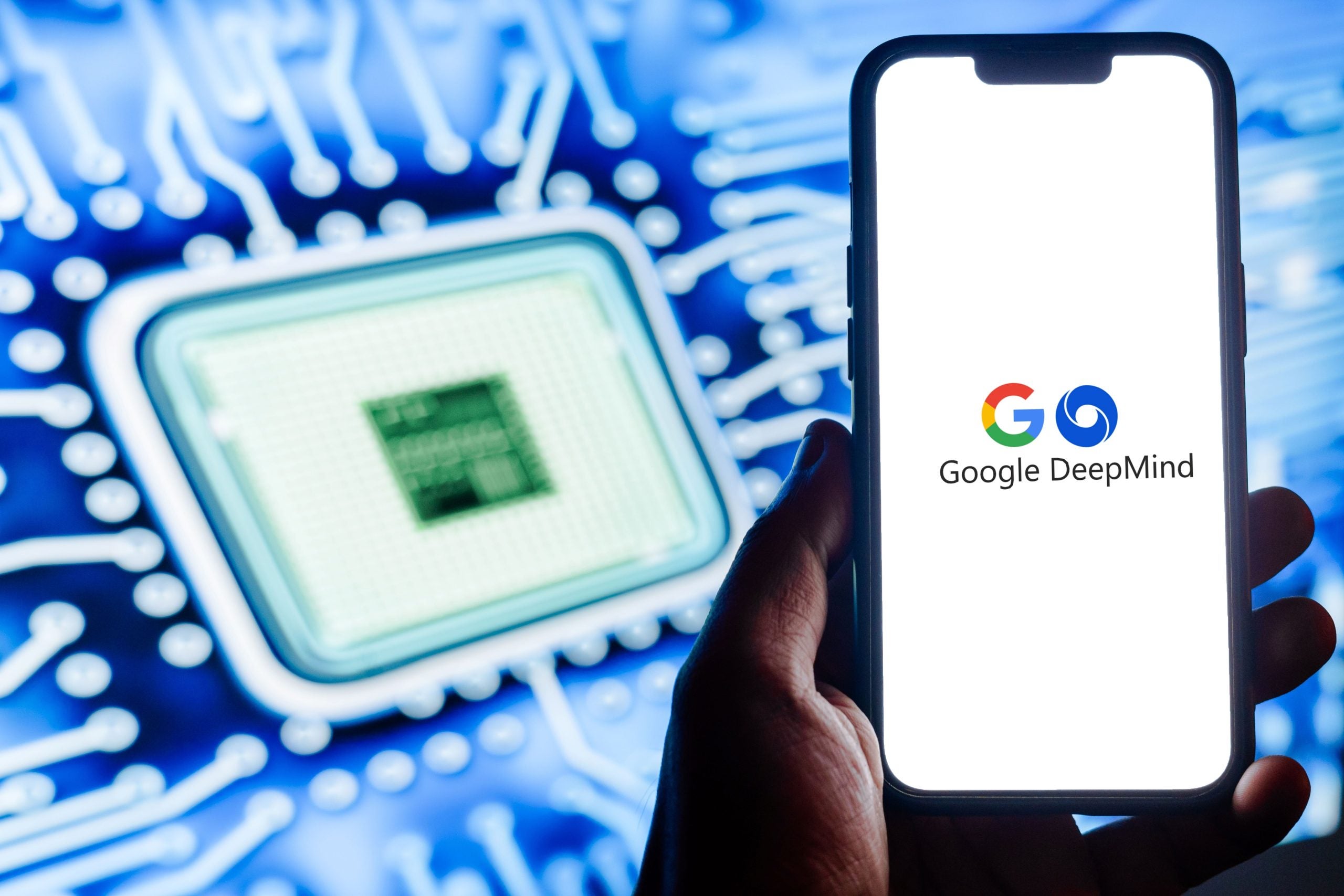
Google is broadening access to the second generation of Imagen, its artificial intelligence (AI) model specialising in image creation and editing based on textual prompts.
Imagen is a text-to-image AI product, released by Google in 2022 to compete with OpenAI’s own DALL-E. Text-to-image models generate images from user input. For example, a user could request a picture of a purple flower and the model would attempt to generate one.

Access deeper industry intelligence
Experience unmatched clarity with a single platform that combines unique data, AI, and human expertise.
This move extends access, particularly to Google Cloud customers using Vertex AI, to a platform for machine learning models and generative AI, pending approval for access.
Despite these advancements, Google has not disclosed the dataset used to train Imagen 2. Furthermore, there is no provision for contributors to opt-out or seek compensation if their unintentional contributions were included in the training data.
Now accessible to Vertex AI customers, Imagen 2 introduces text-to-image technology with additional tools, managed infrastructure and new privacy and safety features.
Imagen 2’s new features include:

US Tariffs are shifting - will you react or anticipate?
Don’t let policy changes catch you off guard. Stay proactive with real-time data and expert analysis.
By GlobalData- Generating high-resolution images from natural language prompts.
- Text rendering in multiple languages, facilitating text overlays on images.
- Logo generation for crafting company or product logos and integrating them into images.
- Visual question and answering, enabling the generation of captions from images and text responses to queries about image details.
- Captions and question-answer features.
- Multi-language prompts, launching with support for six additional languages in preview, with more planned for release in early 2024.
- Safety features, including built-in precautions aligned with Google’s responsible AI principles, experimental digital watermarking and comprehensive safety filters.
Google is not the first company to announce indemnity for its generative AI users. Microsoft announced in September that it would shoulder the legal responsibility if Copilot users were sued. Adobe also made similar claims seeking to protect users of its Firefly platform.
Leading technology companies investing in AI have been embattled by several lawsuits brought by prominent copyright owners, such as writers George R.R. Martin and Jodi Picoult.
In August, US District Judge Beryl A. Howell ruled that “human authorship is an essential part of a valid copyright claim.”
Judge Howell’s ruling set a new standard for intellectual property issues in the field of AI. Fears that AI is trained using copyrighted material have resulted in several lawsuits.
In July, comedian Sarah Silverman announced a lawsuit against OpenAI and Meta for alleged copyright infringement, claiming that the companies used their work in their training data without permission.
In January 2023, Getty images announced a lawsuit against Stability Ai in London’s High Court of Justice alleging the image generator infringed on Getty’s copyrighted photographs.







